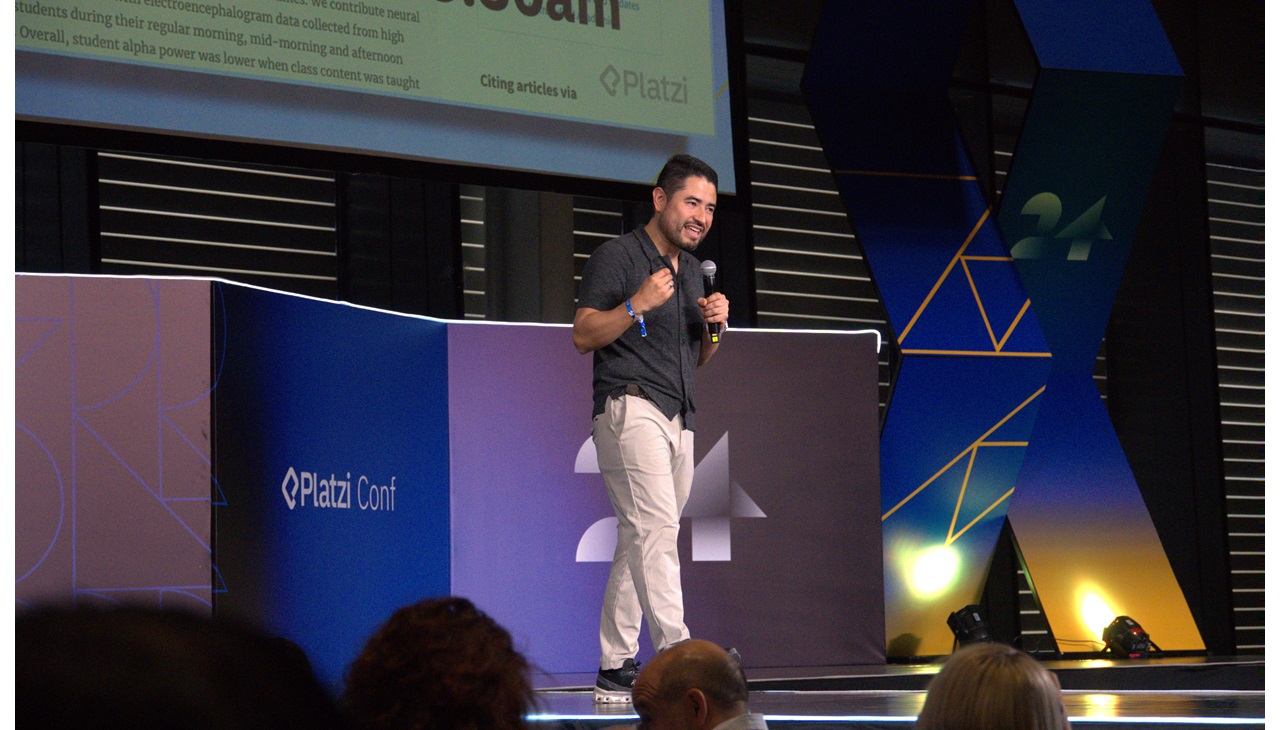
In Uruguay, experts discuss how to attract foreign investment in Latin America.
Investment trends worldwide and in Latin America depend on new factors, including worker training and interaction by governments, Dutch financial expert Douglas van den Berghe said Wednesday in Montevideo at the 1st European Investment Forum in Uruguay.
Van den Berghe, the head and founder of Investment Consulting Associates, provided an overview of the new trends in foreign investment and the opportunities in Latin America in the new global space using figures from a Financial Times study.
Governments have to "work harder," he said, since they are the ones tasked with facilitating the path of new firms interested in investing in a given country.
In addition, he said, incentives "are just the tip of the iceberg," given that all countries offer the same "menu" of such elements to attract investment.
To explain further on this point, he gave the example of a current technology firm, saying that "the CEO looks for incentives, but what interests him is good labor and the support of the government."
Van den Berghe said that these firms look for headquarters that have already been built and well-trained local workers, and they need to ensure that they have the proper permits to set up the company in the chosen country.
"The good thing about these firms is that they grow quickly and create lots of jobs," he said.
The Dutch expert also emphasized that the government's role is not only to attract these new investors but also to ensure that the process of adaptation in the country proceeds smoothly once the firm has settled there.
He emphasized that in the past five years the economic situation has attracted foreign investors, but that is changing globally, above all in the construction, information and communications technology (ICT) and infrastructure sectors.
"The reason why companies are exploring different markets is because nowadays there is greater interest in education, technology, innovation and worker training," he added, also emphasizing the importance of sustainable development.
Regarding Uruguay, Van den Berghe said that data show a general trend over the last five years toward stabilization, but there has been an "increase in investment" even more recently.
"We're seeing more foreign investment in the financial sector, renewable energy, ICT, which are growing a lot, and finally in textiles and food," he added, noting that the European Union is one of the biggest investors in the South American nation, followed by the US, Argentina and Brazil.
Over the next two days, the forum will gather 720 companies from Latin America and Europe with the aim of strengthening commercial links and creating new strategic alliances spanning the Atlantic.










DEJE UN COMENTARIO:
¡Únete a la discusión! Deja un comentario.